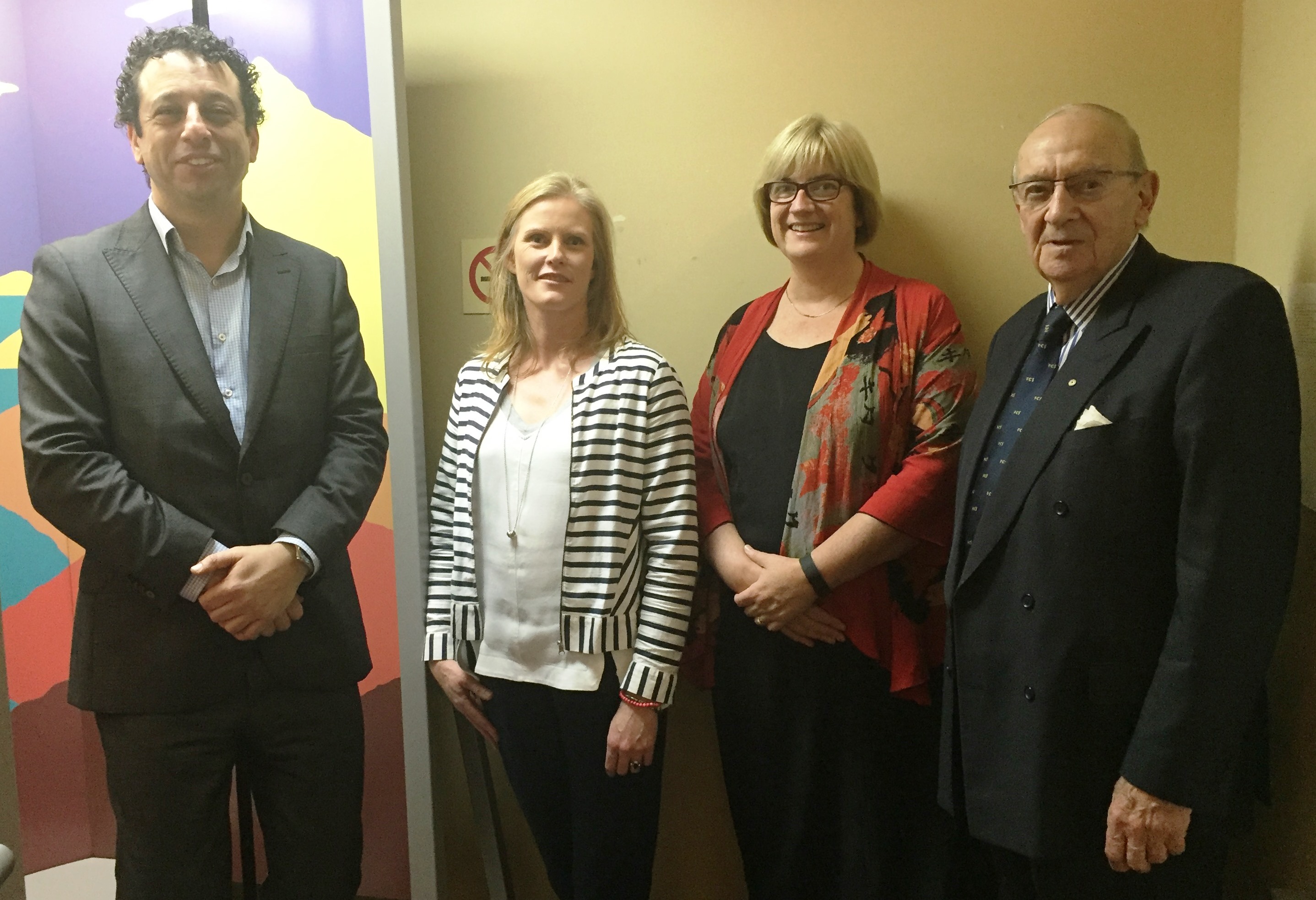Enabling the diagnosis and treatment of difficult balance disorders
In 2015, the Balance Disorders & Ataxia Service at the Royal Victorian Eye and Ear Hospital received a grant of $103,757 to purchase a very specialised piece of equipment, the Smart Balance Master System. The Service is a unique multi-disciplinary, tertiary referral balance disorder centre, and the only one of its kind in Australia.
Balance disorders are very common and are debilitating conditions that severely impact the sufferer’s quality of life. A balance disorder is a condition that makes you feel dizzy or unsteady and can be associated with vertigo (spinning sensation), nausea, vision problems, fatigue, tinnitus (ringing or other noise in the ears), falls and hearing loss. The brain controls balance using feedback received from the inner ear, eyes, and sensors in the joints, muscles and tendons that sense position or movement. Conditions affecting one or more parts of this balance control system can cause a balance disorder. One of the principle challenges for patients with balance disorders is to receive an accurate diagnosis. When diseases are difficult to diagnose, recommending helpful treatment is particularly challenging.
Recently, the trustees had the opportunity to visit the Hospital and meet with world-renowned neurologist and neuro-otologist Dr David Szmulewicz, Head of the Balance Disorders Service, to learn more about the Service’s work and in particular, how the Smart Balance Master System will help his patients and inform his research. The Smart Balance Master System is the internationally recognised gold standard in measuring a person’s ability to correct posture for a loss of balance, enabling an objective understanding of how the sensory and motor systems affect postural and gaze stability.
The Balance Disorders & Ataxia Service provides integrated multidisciplinary care, with medical, allied health including audiologists and physiotherapists, and nursing staff all working together. Clinical education and integrated research are central principles of the service, with ongoing education of trainee medical and allied health staff and clinical research. Now in its second year, the Service undertakes up to 3,000 consultations a year.

